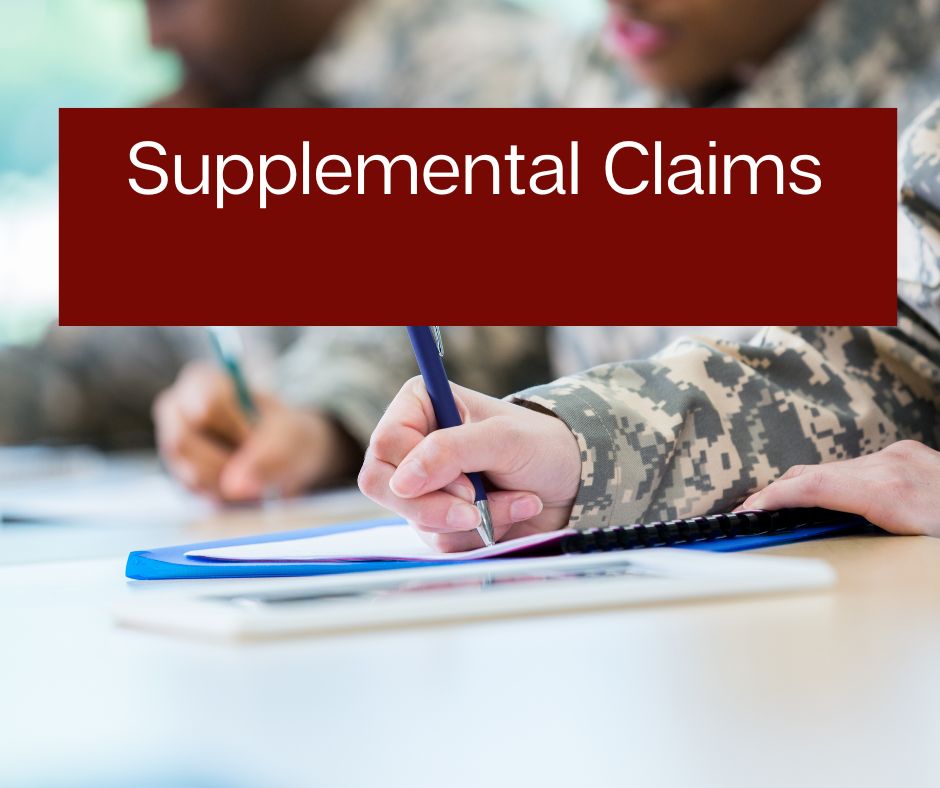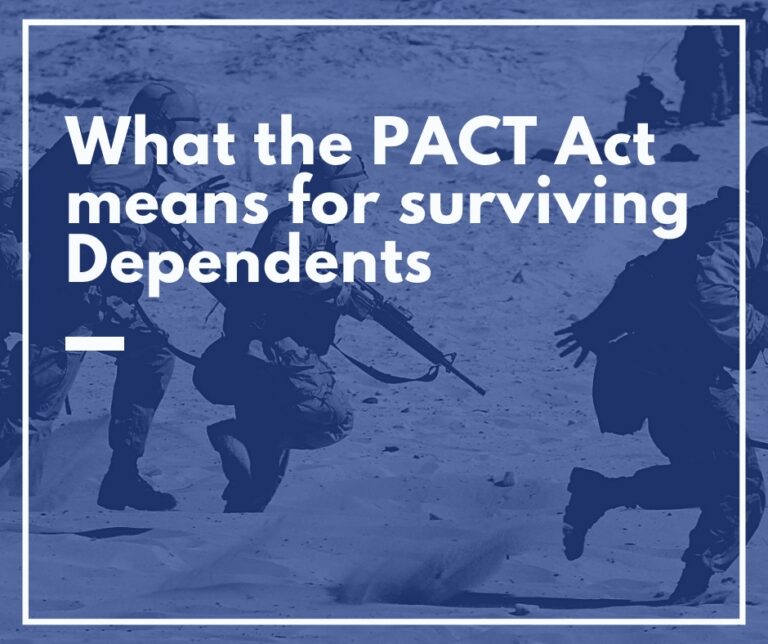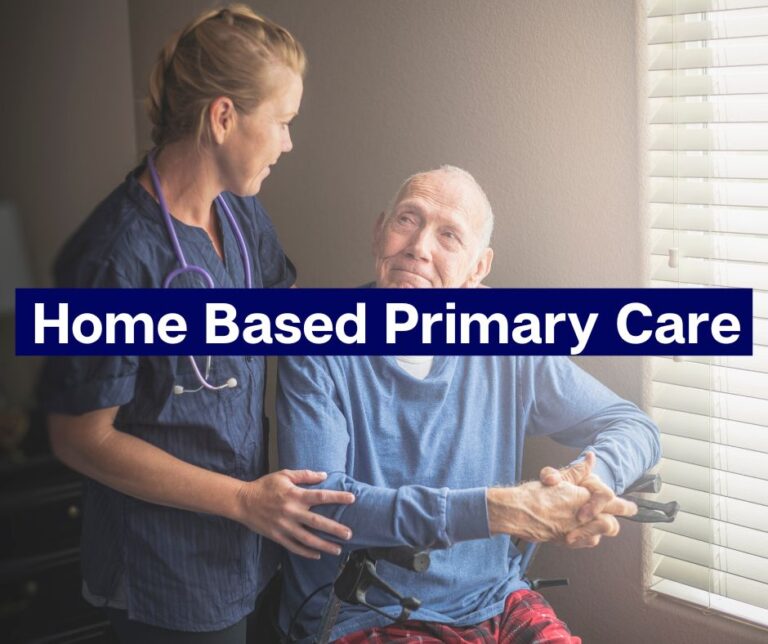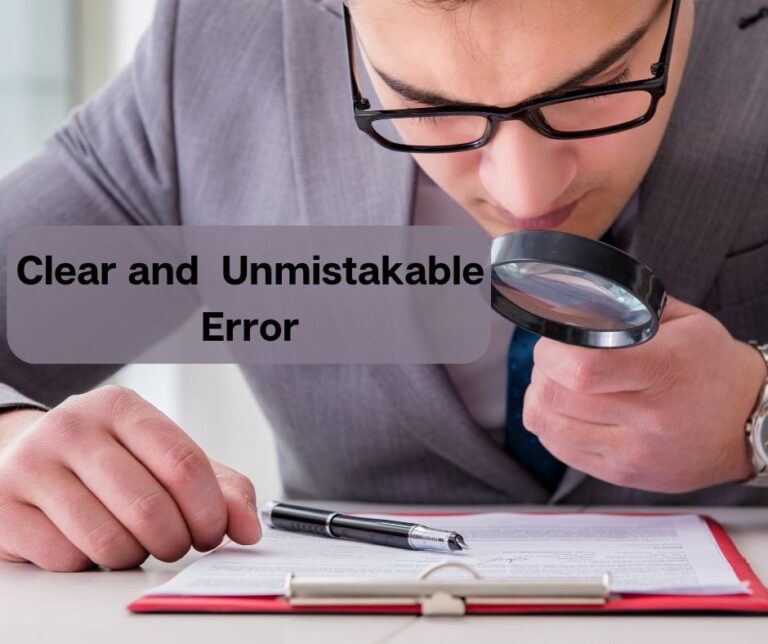What Are Supplemental Claims
What are supplemental claims and why do we file them? Can’t I just file a request to re-open an old claim with new evidence? The short answer is, that is exactly what the Supplemental Claim is meant to do. Veterans can file Supplemental Claims to go back to a claim that was denied. They can use this method to introduce new evidence to the rater. Note that you do not use a supplemental claim to file for an increase in rating for a disability. An increase is another type of ‘initial claim’. We examined those last week. A Supplemental Claim will deal with a denied claim, and must introduce “new and relevant” evidence of a disability.
New and Relevant
So what constitutes “new and relevant”? We see many Supplemental Claims closed quickly with the decision that there was no new and relevant evidence presented. What exactly constitutes this evidence that the VA rater is looking to see?
New Evidence
First of all, the evidence must be new. This means that the evidence was not part of the actual record which was before the rater at the time of the decision. This may be evidence which the Veteran forgot. It may also be evidence which was developed through a private provider after the claim had been filed.
New evidence may also include evidence which was constructively, but not actually, part of the record. In other words, if the Veteran is under the care of the VA Medical Service and is treated between the time the claim was filed and when it was adjudicated, those treatment records may not have been pulled by the VA and associated with the record at the time of the decision. These records would be part of the records of the Veteran, but would not have actually been a portion of the records which were being examined for the disability decision. In such a case, a Supplemental Claim would identify that new records existed which should be examined for that particular disability.
Relevant Evidence
Relevant evidence is evidence which tends to either prove or disprove a case. The evidence does not have to be material in nature like sending in medical records of more treatment. The VA has instructed raters to interpret ‘relevant’ very liberally under the new system. Therefore, if a claimant were to come up with a new idea of entitlement which the VA had not previously examined, the Veteran’s argument of a new theory of entitlement should be sufficient to satisfy relevancy. For example, imagine a Veteran claims low back pain due to an in-service stressor. The rater does not award service-connection because there was no in-service stressor which would have caused the low back pain. The Veteran then files a supplemental claim of the low back pain as secondary to knee pain. The VA should accept this as new and relevant evidence, even without other evidence.
Three-Step Analysis of Supplemental Claims
The VA follows three steps in deciding a supplemental claim. These are determine if the claim is substantially complete, if there is new and relevant evidence, and adjudicate the claim. Each step depends on the previous step being satisfactory before the claim can continue toward adjudication.
Is the Claim Substantially Complete
In order to be complete, the claim form must include certain items. These always include the claimant’s name, relationship to the Veteran, and signature. In addition, the claim must identify the benefit being sought by listing each issue which the VA previously denied which the claimant wants the VA to review. Also, the claimant must include or identify the potentially new and relevant evidence. Although not actually required, it is also considered good practice to identify the date of the VA notice letter denying the claim.
The rater will also examine the evidence to ensure it is new. This will include reviewing the evidence submitted or identified. The rater will also review treatment records that are part of the VA enterprise. Also, they will examine evidence which the claimant submitted while the claim was previously in adjudication. It can also include evidence which the Veteran or claimant submitted after the claim was closed. If the Veteran did not file an appeal the new evidence will not have been reviewed.
The VA will notify the Veteran if they find the form is incomplete. They will also let the Veteran know exactly what the Veteran must supply in order to complete the form. The Veteran has 60 days to send in the information to complete the form or the VA will not issue a decision on the claim.
Is the Evidence New and Relevant
Once the VA decides that the claim form is complete and the evidence is potentially new, they must decide if the evidence is both new and relevant. At this point, the VA’s duty to assist comes into effect. The VA will attempt to obtain records which the Veteran identifies as being related to their case. It doesn’t matter if the records are in the VA system or with a private provider. However, the Veteran must provide enough evidence for the VA to identify the proper records.
One important thing to note about this step is that the VA cannot reject evidence as relevant because the rater believes the evidence may not be credible. In this step, the VA is simply gathering any evidence identified by the claimant. If the new evidence appears to be relevant to the issue under question, it will be accepted as both new and relevant. However, once the VA rules the evidence as new and relevant, the rater moves on to step three to determine the credibility of the evidence.
If the VA determines that no new and relevant evidence has been submitted or identified, the rater will issue a decision stating that there was insufficient evidence to readjudicate the claim. At this point the Veteran has the option to request a higher-level review of the evidence arguing that it is new and relevant, or they may appeal to the Board of Veteran’s Appeals.
Adjudicate the Claim
The third step in the supplemental claim process is for the rater to actually decide the claim. The rater will consider all of the evidence, both the new evidence that has been submitted as well as all of the evidence which was part of the original claim. Also, under the duty to assist, the VA may provide a C&P exam. After the rater considers all of this information, they will issue a decision on the supplemental claim.
There is an instance when new and relevant evidence may not be required. That would be if the law changes regarding the criteria needed for a benefit. For example, the VA periodically may add new issues to the Agent Orange presumptive list. Say a Veteran files a claim for an issue and is denied compensation. Later, the VA adds that condition to the Agent Orange presumptive list. The Veteran can now file a supplemental claim for that issue that the VA previously denied. The addition to the presumptive list should be enough to qualify for ‘new and relevant’.
The Power of Supplemental Claims
Supplemental claims can be very powerful for a Veteran. There is no limit to the number of times you can file a supplemental claim for the same benefit. In addition, there is no time limit in which the claim must be filed. The claim may have been denied 30 years ago and a Veteran can file a supplemental claim with new and relevant evidence, and the claim may be approved this time.
Finally, if a Veteran receives a decision denying their claim and files a supplemental claim within one year, the VA considers the claim as being ‘continuously pursued’. The effective date will remain as the effective date of the original claim. This is powerful, because no matter how many denials a Veteran may receive, if they file a supplemental within a year of the last denial the claim can be considered continuously pursued for years or even decades.
Supplemental claims are a powerful tool that the Veteran can use to continue pursuing a claim that they believe they are due. We would urge Veterans and other claimants to seek the services of an accredited VSO. The VSO will have the latest information and be able to guide you in what type of claim to file, as well as assist you with the paperwork.
As always, if you have any questions don’t hesitate to email us.
God bless,
from NWAVet







